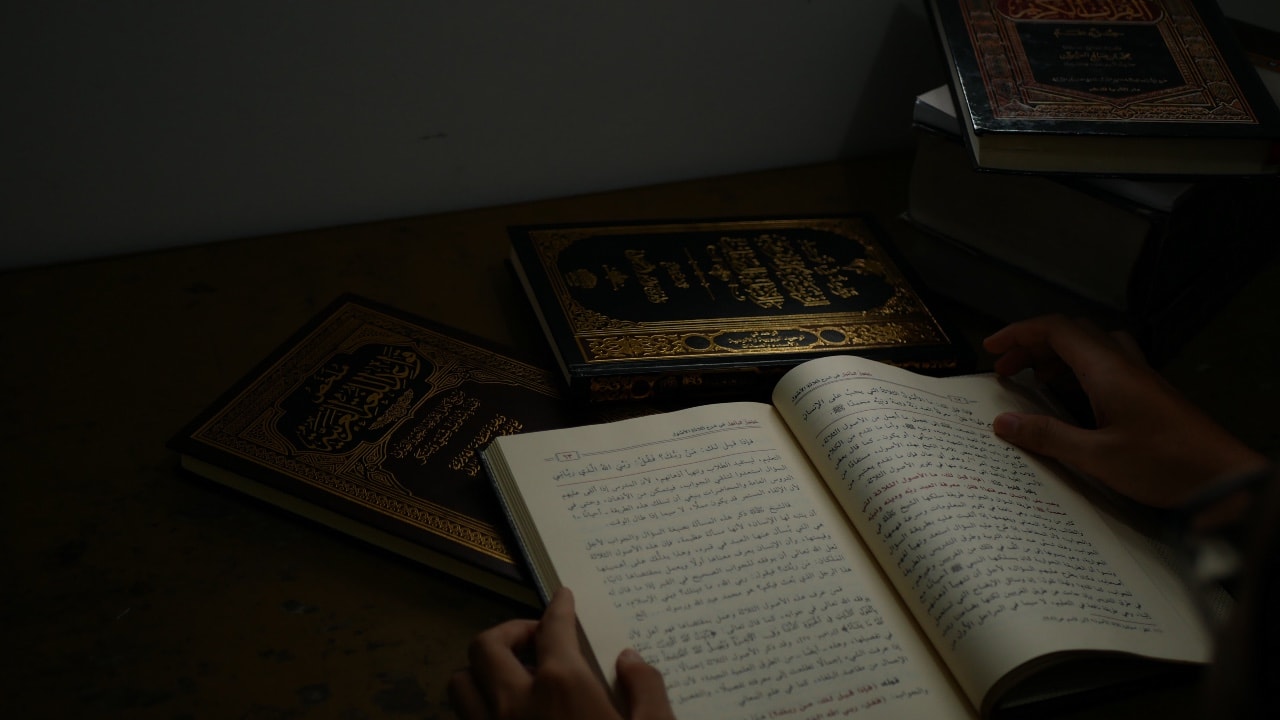Is It Obligatory To Understand Arabic in the Prayer Based on the Qur’an Verse 4:43?
Hanafi Fiqh
Answered by Shaykh Yusuf Weltch
Question
Is it obligatory to understand Arabic in the prayer based on the Qur’an verse 4:43?
Answer
In the Name of Allah, the Most Merciful and Compassionate
It is not obligatory to understand what you are reciting in the prayer (i.e., the Arabic). Let’s look at the verse you cited.
Allah Most High says, “O believers! Do not approach prayer while intoxicated1 until you are aware of what you say, nor in a state of ˹full˺ impurity2—unless you merely pass through ˹the mosque˺—until you have bathed. But if you are ill, on a journey, or have relieved yourselves, or been intimate with your wives and cannot find water, then purify yourselves with clean earth, wiping your faces and hands.3 And Allah is Ever-Pardoning, All-Forgiving.”
The phrase ‘until you are aware of what you say’ is an expression meaning until you are no longer intoxicated. This is because the intoxicated person does not always know what they are saying. [Ibn Kathir, Tafsir al-Qur’an al-‘Azim]
Learning the Meanings of the Prayer
That said, even though it is not obligatory, it is highly encouraged to learn and reflect on the meaning of what is recited in the prayer. This is one of the best means of acquiring presence and concentration in the prayer. [Khadimi, al-Risala al-Khushui’yya]
Hope this helps
Allah knows best
[Shaykh] Yusuf Weltch
Checked and Approved by Shaykh Faraz Rabbani
Shaykh Yusuf Weltch is a teacher of Arabic, Islamic law, and spirituality. After accepting Islam in 2008, he completed four years at the Darul Uloom seminary in New York, where he studied Arabic and the traditional sciences. He then traveled to Tarim, Yemen, where he stayed for three years studying in Dar Al-Mustafa under some of the greatest scholars of our time, including Habib Umar Bin Hafiz, Habib Kadhim al-Saqqaf, and Shaykh Umar al-Khatib. In Tarim, Shaykh Yusuf completed the memorization of the Qur’an and studied beliefs, legal methodology, hadith methodology, Qur’anic exegesis, Islamic history, and several texts on spirituality. He joined the SeekersGuidance faculty in the summer of 2019.
